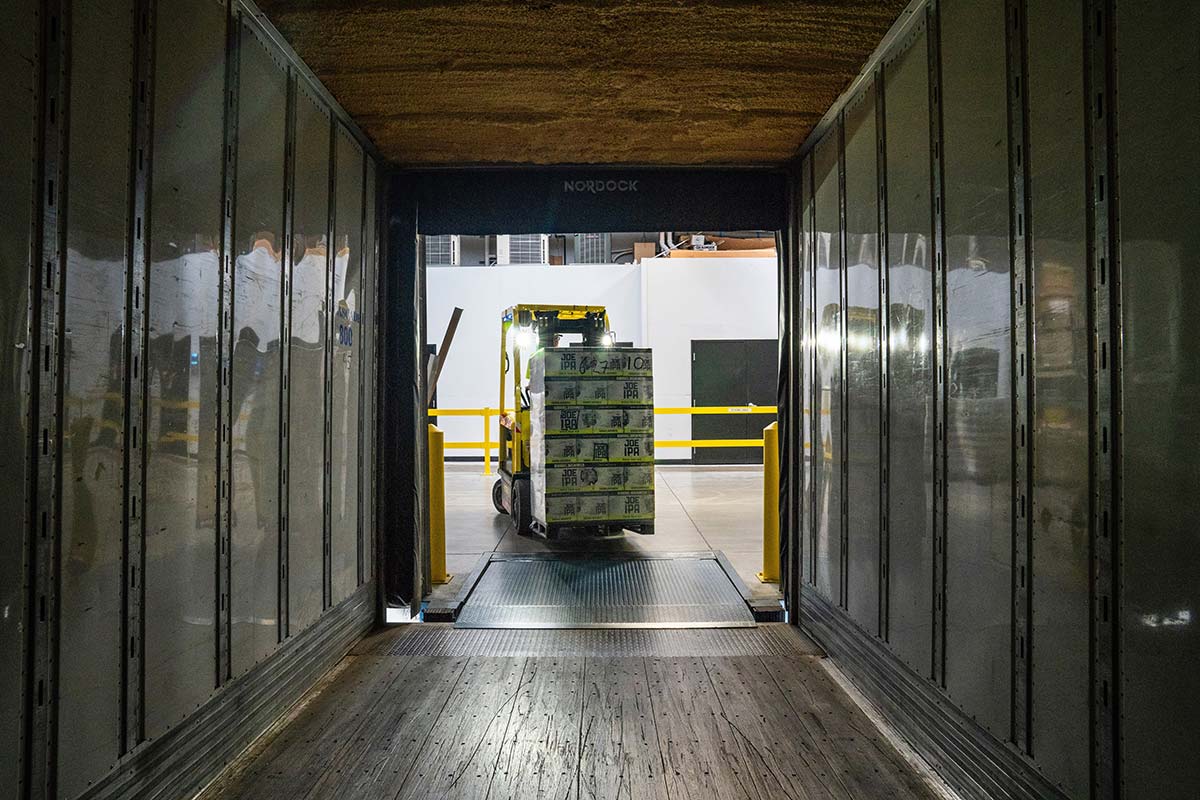Food waste is a major problem leading to overproduction, pollution and degradation of the environment. For a better management of perishable inventories, we analyze a base-stock inventory model corresponding to inventories in shops with fruits and vegetables. Our study reveals important differences in performance evaluation when the common assumptions of deterministic or exponential lifetimes are used. A better fit with the empirical lifetime of perishable products may lead to significant food savings!
A base-stock inventory system for perishables with Markovian demand and general lead-time and lifetime distributions is investigated. Using a queueing network model, we derive explicit expressions of the stationary distribution of the inventory state together with the total expected cost in a base-stock system with lost-sales. Next, we show some monotonicity properties of the cost function and propose a procedure to derive the optimal base-stock.
Extensions to the backorders case and to a dual-sourcing system with multiple warehouses are also provided. Our results generalize existing ones from the literature where the lifetime and the lead-time follow either deterministic or exponential distributions. Finally, we investigate the effect of the lifetime and lead-time variability on the system cost and the optimal base-stock level. In particular, we show the substantial errors made when assuming deterministic or exponential distributions for the lifetime. This further shows the need to have results beyond exponential or deterministic assumptions.





